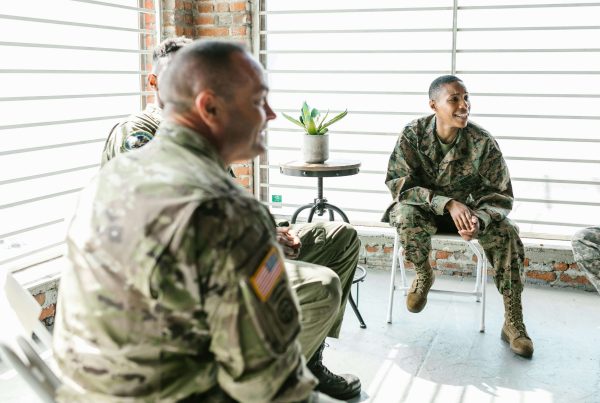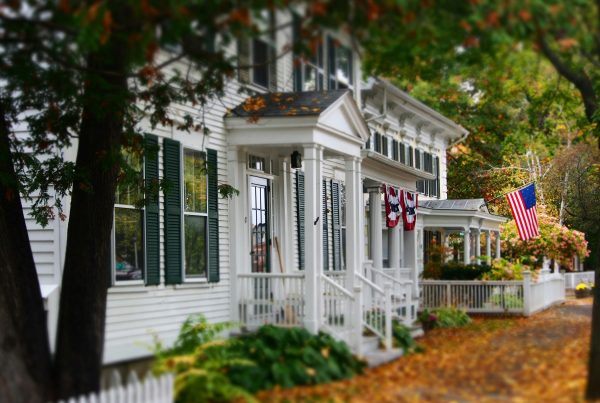When Veterans think about VA benefits, the most common ones come to mind: disability compensation, VA health care, the GI Bill, and VA home loans. While these programs are well-known, the Department of Veterans Affairs offers many other benefits that often go unnoticed. These lesser-known benefits can ease financial strain, improve quality of life, and provide resources many Veterans and their families didn’t even realize were available. Unfortunately, because they’re not advertised as heavily, thousands of Veterans miss out every year.
One of the most overlooked programs is the VA Clothing Allowance. This annual, tax-free stipend is available to Veterans who use prosthetics, orthopedic braces, or prescribed skin medications that damage clothing. For example, if a Veteran’s knee brace causes excessive wear on pants or a burn treatment cream stains shirts, they may qualify. The allowance is paid once per year, typically in August, and can range from several hundred dollars upward depending on eligibility. Veterans must submit VA Form 10-8678 to apply, but once approved, the allowance renews automatically each year. Many Veterans never hear about this benefit unless another Veteran tells them — which means countless eligible individuals are losing out on money that could offset real expenses.
Another underutilized program is the VA Adaptive Sports and Recreation initiative. The VA partners with local and national organizations to provide opportunities for Veterans with disabilities to engage in sports such as wheelchair basketball, adaptive skiing, cycling, and even rock climbing. These programs aren’t just about fitness — they’re about rebuilding confidence, improving mental health, and fostering community. For Veterans dealing with PTSD, isolation, or physical limitations, adaptive sports can offer both therapy and camaraderie. In fact, the VA has dedicated grant programs that provide funding to nonprofit organizations to expand these opportunities, showing how seriously they view sports as part of rehabilitation.
The Burial and Memorial Benefits program is another area that goes unnoticed until it’s too late. Eligible Veterans can be buried in a VA national cemetery at no cost, which includes a gravesite, opening and closing of the grave, a government headstone or marker, and perpetual care. The VA also provides a Presidential Memorial Certificate to families, honoring the Veteran’s service. Additionally, there are allowances available to offset the cost of private funerals. For families already dealing with grief, these benefits can ease both the financial and emotional burden. Unfortunately, many survivors don’t know they exist until after arrangements are already made, which means they may not take full advantage.
For those with mobility challenges, the Automobile Allowance and Adaptive Equipment Program provides a one-time grant (currently over $25,000) to help Veterans purchase a specially equipped vehicle. Veterans with service-connected disabilities such as loss of limb, severe burns, or certain vision impairments may qualify. On top of this grant, the VA may also fund adaptive equipment like hand controls or wheelchair lifts, which can be added to an existing vehicle. This benefit allows Veterans to maintain their independence and mobility, which can make a tremendous difference in daily life.
Another hidden gem is the VA Home Loan Adaptation Grants, specifically the Specially Adapted Housing (SAH) and Special Housing Adaptation (SHA) programs. These grants provide financial assistance to Veterans with serious disabilities who need to modify their homes for accessibility. Modifications can include things like wheelchair ramps, widened doorways, roll-in showers, and lowered countertops. The SAH grant can provide up to $100,000 in 2025 (adjusted annually for inflation), while the SHA grant offers up to around $20,000, depending on circumstances. Unlike a VA home loan, these are grants — meaning they do not have to be repaid.
Beyond these, there are even smaller but impactful benefits such as free medical care for certain exposures (like Agent Orange or burn pits), access to VA Caregiver Support Programs, and state-specific Veteran benefits that are often overlooked. For instance, some states offer property tax exemptions, reduced vehicle registration fees, or free hunting and fishing licenses for Veterans with a disability rating.
The challenge is that the VA system is massive, and unless a Veteran actively researches or works with someone knowledgeable, these programs often go unused. At Veterans Valor, we believe it’s critical to not only help Veterans secure their disability rating but also ensure they’re fully aware of these lesser-known programs that can dramatically improve their daily lives. Whether it’s financial support, health programs, or resources for family members, these benefits were created to honor service — but it’s up to us to make sure Veterans actually receive them.



